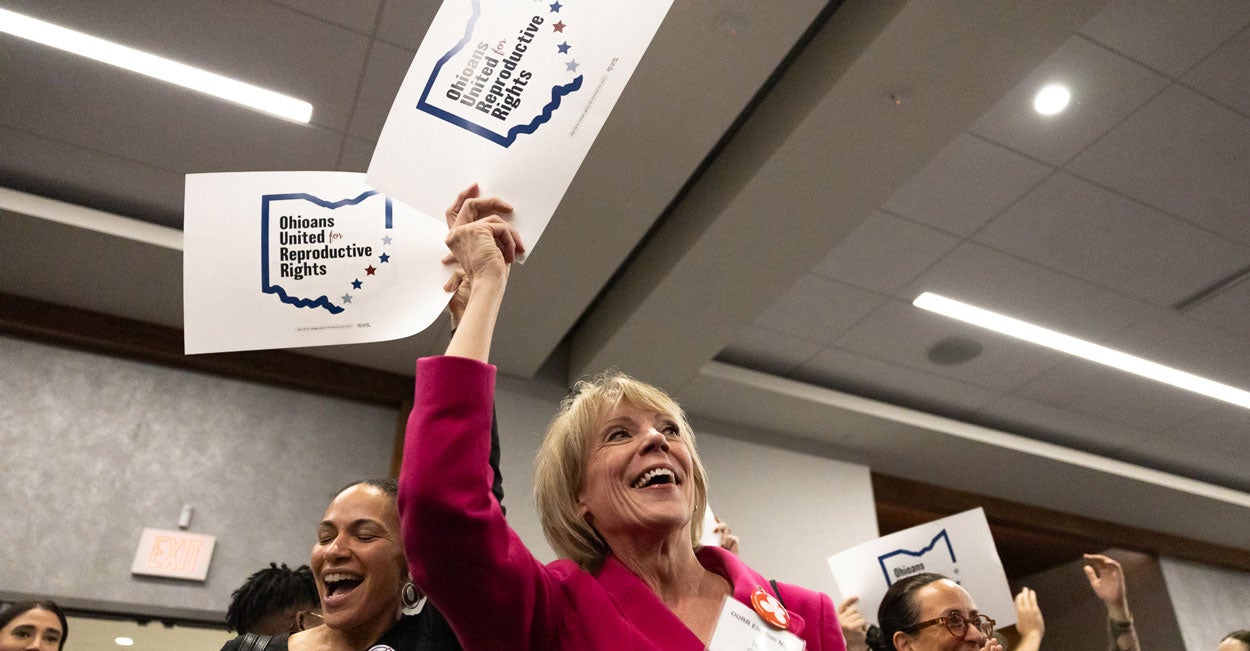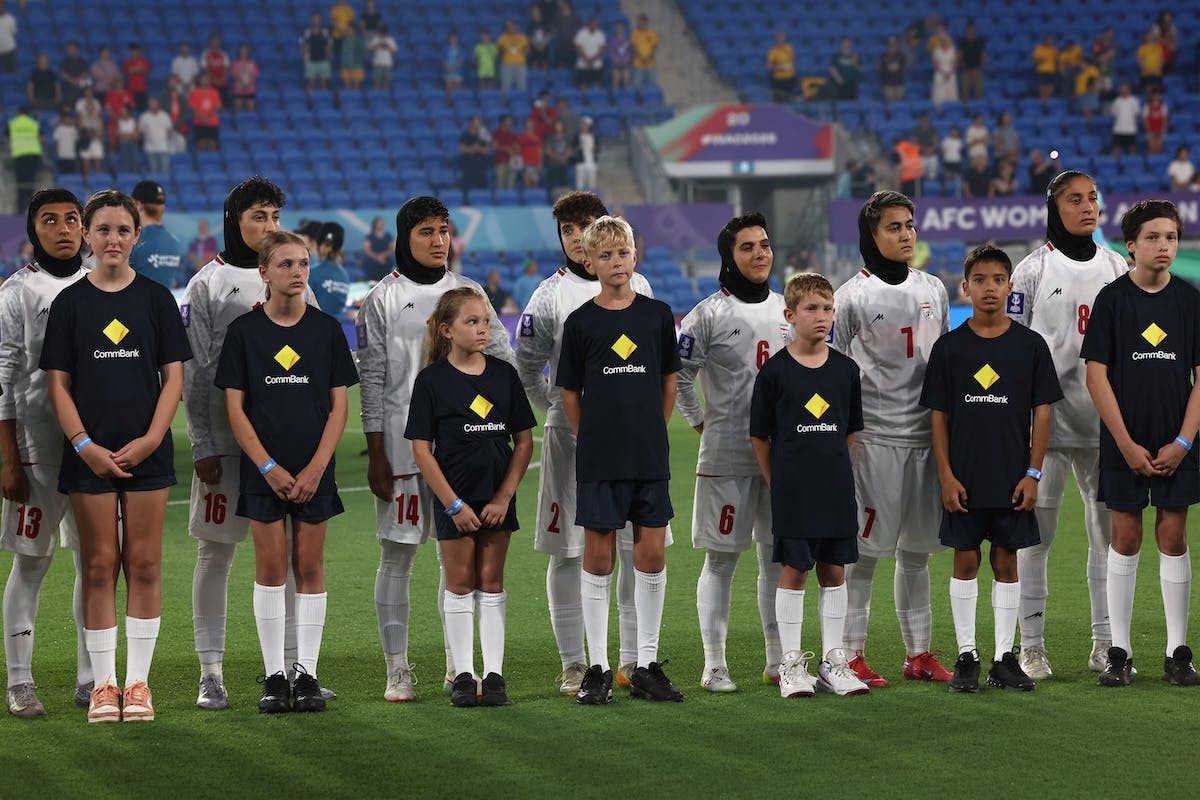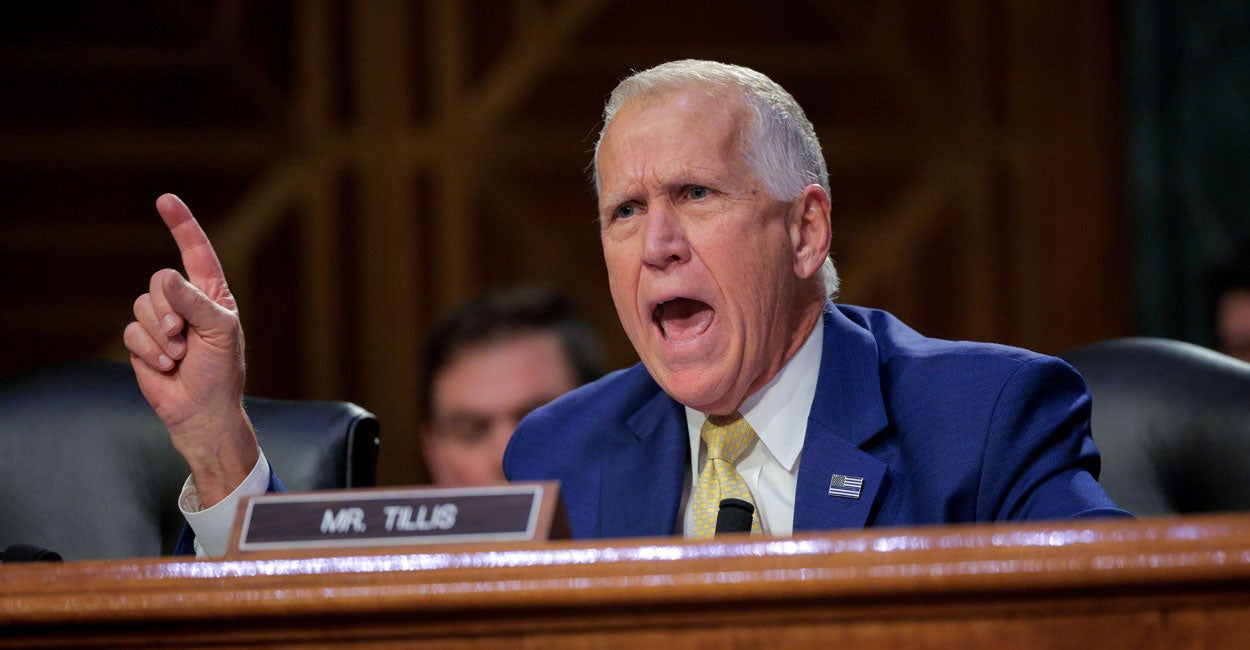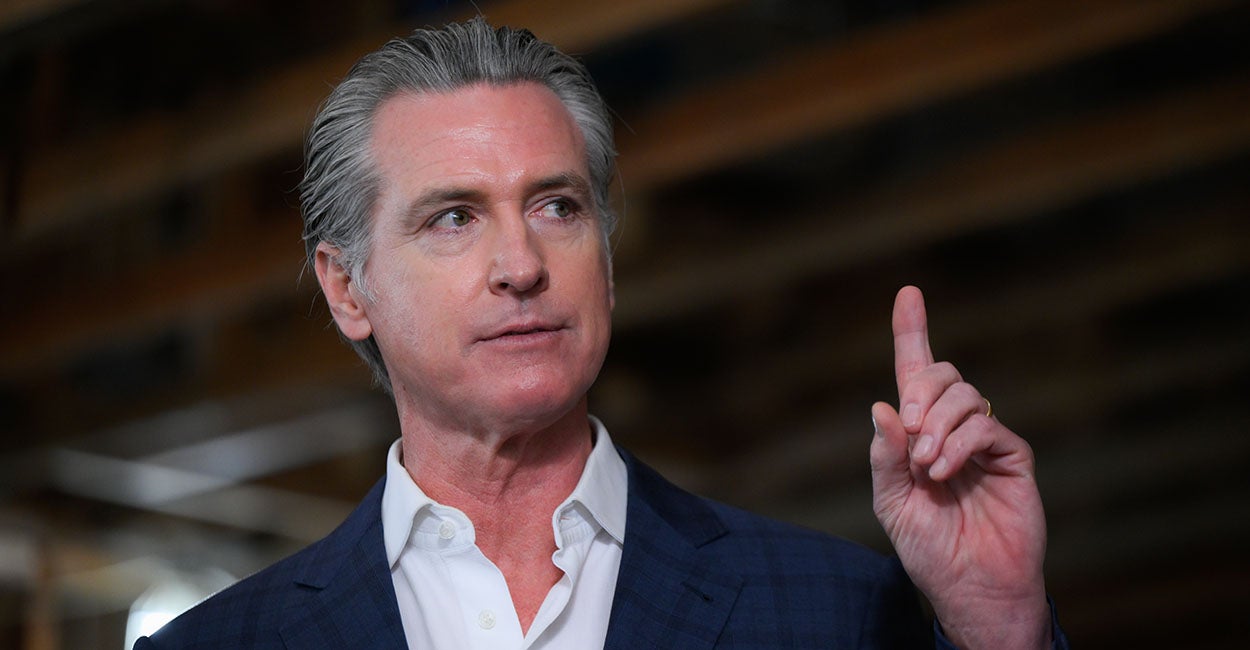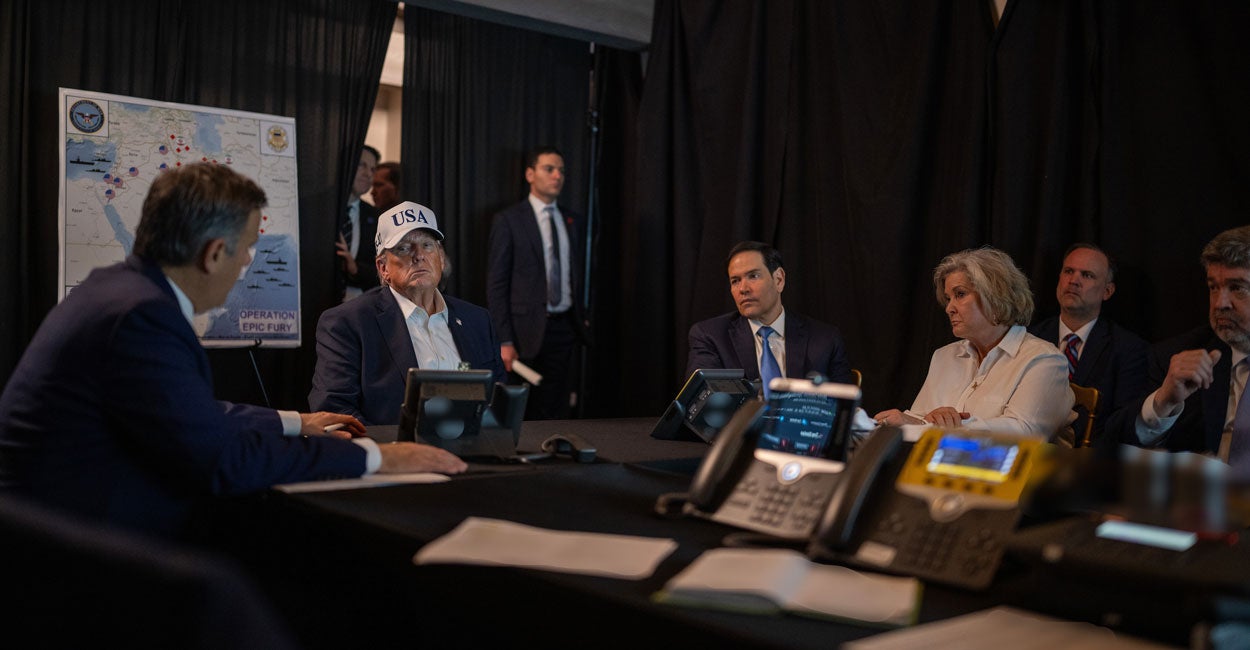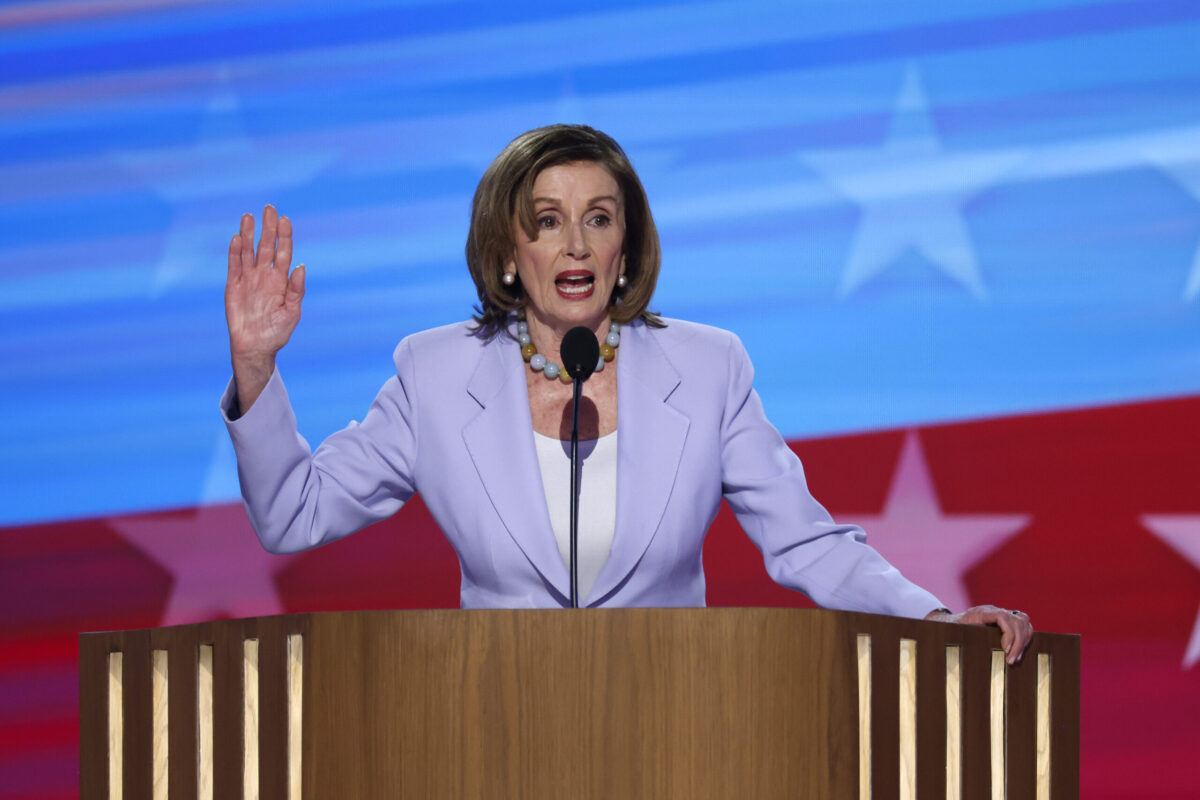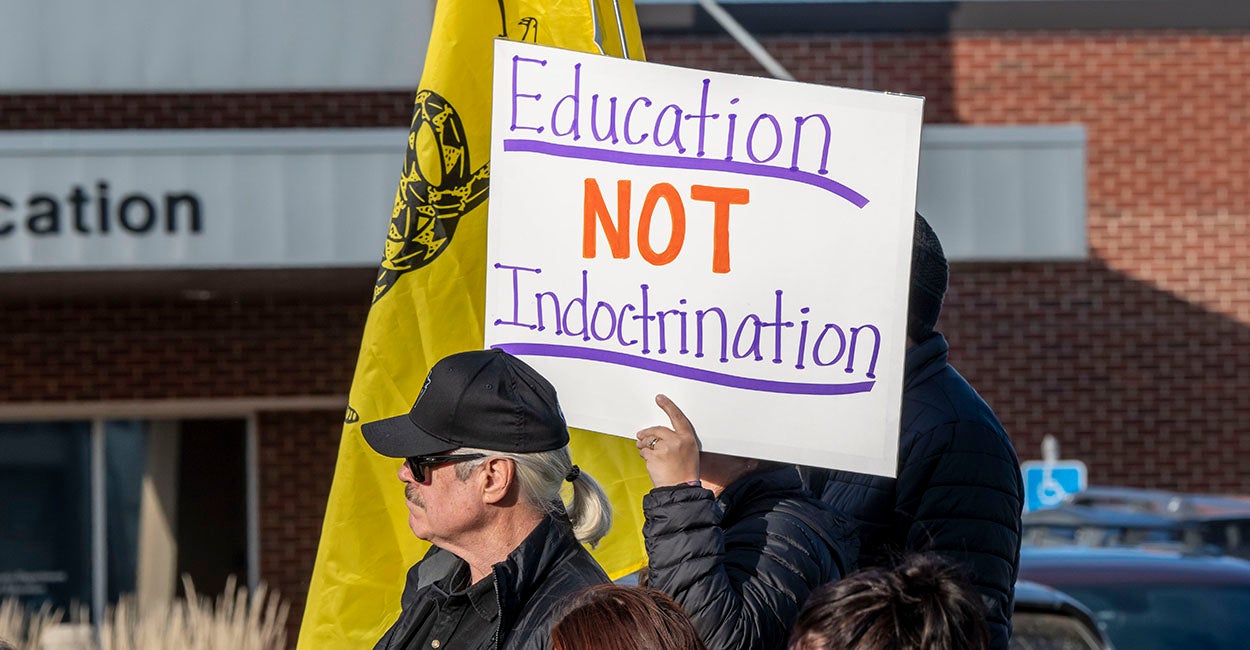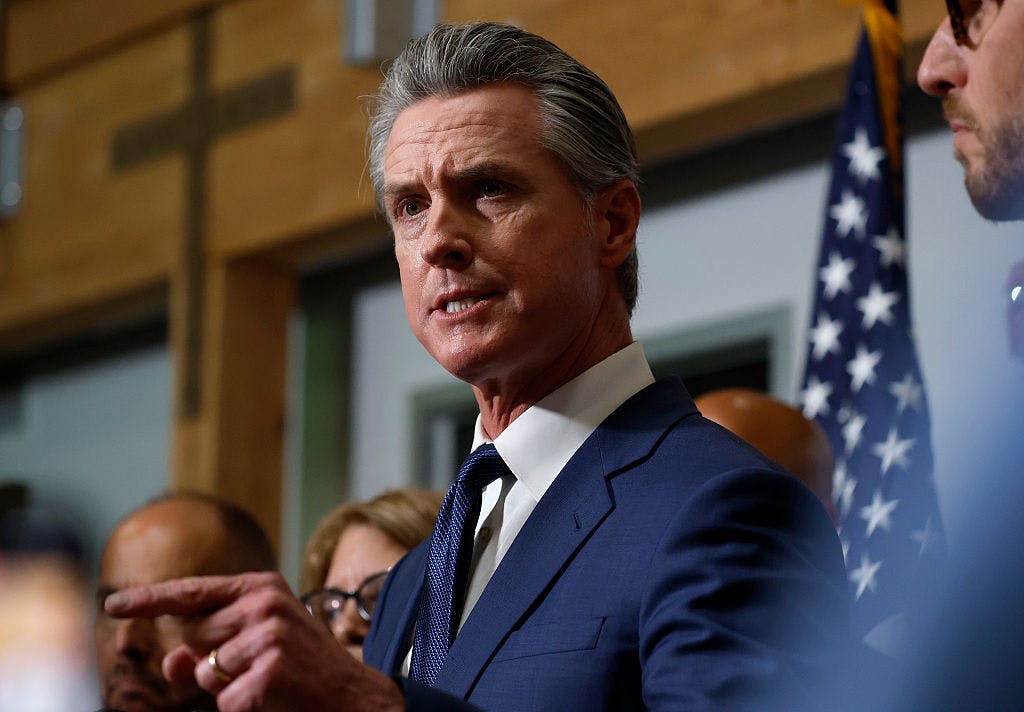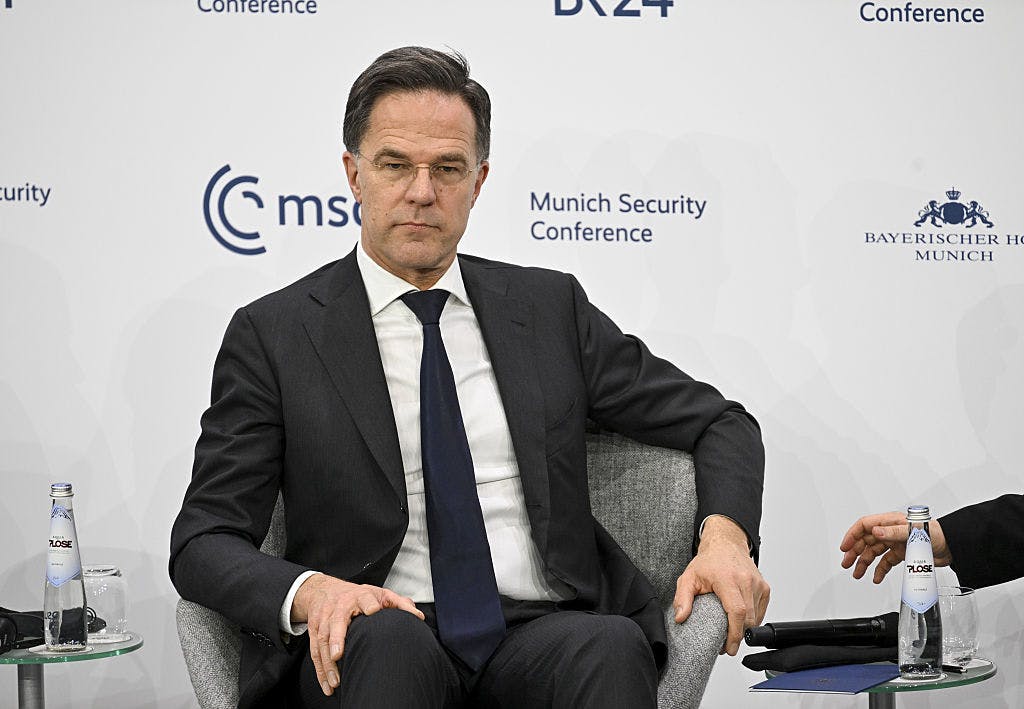RFK Jr.’s Report Unveils Plan to Make America’s Children Healthy Again
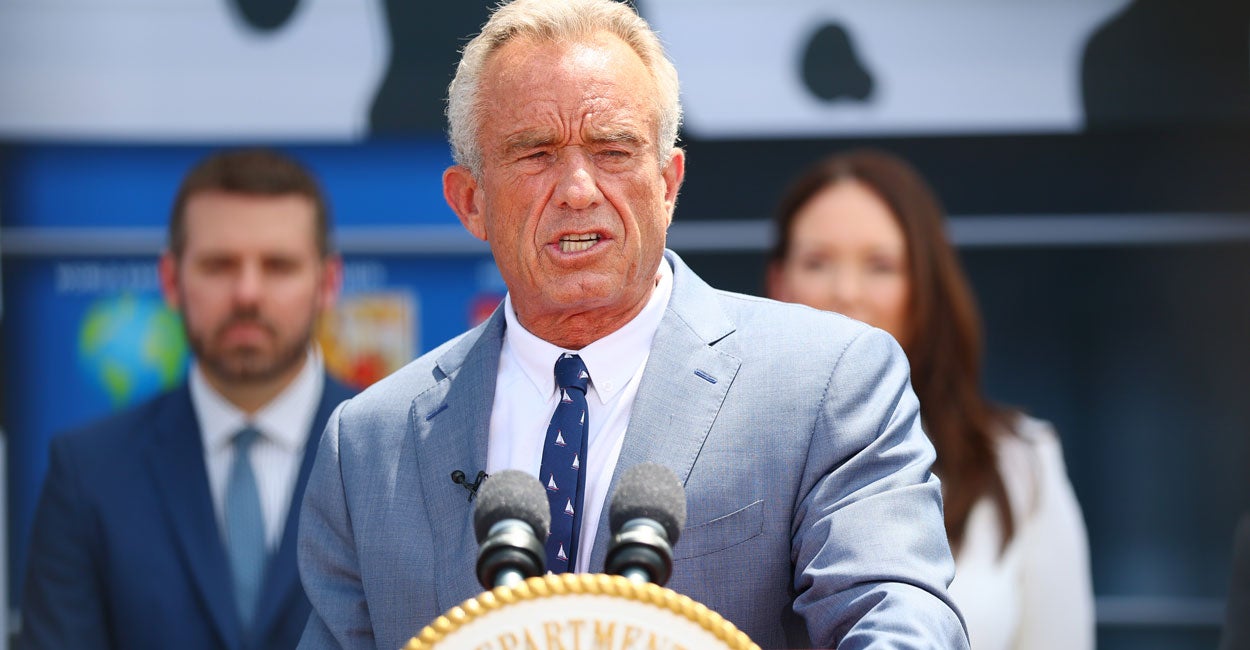
DAILY CALLER NEWS FOUNDATION—President Donald Trump’s top health officials unveiled a sweeping Make America Healthy Again agenda in a new 20-page report Tuesday.
Live Your Best Retirement
Fun • Funds • Fitness • Freedom
The report identifies about 130 separate policy priorities across 10 federal departments and agencies to address chronic disease in children. The MAHA Commission, an interagency task force, issued a report in May outlining four primary drivers: poor diet; chemical exposure; lack of physical activity and chronic stress; and overmedicalization.
The new report identifies four broad strategies: advancing research; realigning incentives; increasing public awareness; and fostering private sector collaborations.
Trump signed an executive order in February establishing the commission and requiring the dual reports on the causes of the precipitous rise in childhood chronic disease and proposed policy solutions.
The new report signals a shift away from a reliance solely on medical research to advance therapeutics, medical devices, and surgical operations in favor of a broader focus on everyday root causes. Emblematic of the MAHA-Make America Great Again coalition, the report couples priorities once associated with Democrats, like reducing the influence of the pharmaceutical industry and improving school nutrition, with a traditionally Republican approach of embracing new technologies, public-private partnerships and deregulatory actions.

(Oliver Contreras/AFP via Getty Images)
Administration officials praised the report as unprecedented in its scope and ambition.
“I’m grateful to work for a president willing to run through walls on this,” Health and Human Services Secretary Robert F. Kennedy Jr. said in a roundtable discussion at HHS headquarters.
Many of the policies would have been “unthinkable two years ago,” Kennedy added.
Advancing Research
The National Institutes of Health will launch a new initiative on chronic disease that takes a “whole-person health” approach, the report states, a major pivot for a biomedical research funder divided into 27 separate institutes and centers.
The NIH will link multiple datasets—such as claims information, electronic health records and wearables data—into a new “real world data platform” as it seeks to diagnose the drivers of the rise in chronic disease. The platform will incorporate artificial intelligence, but “maintain rigorous privacy protections and consent protections,” the report states.
The real world data platform will be applied to ongoing scientific questions about the possible causes of autism. Media reports lambasted this initiative as an “autism registry” in April, stoking concerns about data privacy.
The NIH also intends to leverage existing longitudinal birth cohort data through existing initiatives while asking new questions about sleep and nutrition, health impacts of insulin resistance, supplements, and fitness, the report indicates.
The NIH also will champion new approach methodologies, such as an alternative to animal testing called organoids and computer models, the report states.
Additionally, the NIH will work with the Environmental Protection Agency to study the cumulative effects of chemical contaminants, including pesticides, on human health. The institutes will also establish a new vaccine injury program at the NIH Clinical Center.
The report describes a litany of research topics to be undertaken by the NIH, the EPA, the Department of Veterans Affairs, and the U.S. Department of Agriculture, several of which had been sidelined as taboo by universities and scientific journals for years: The impact of fluoride and pharmaceutical compounds found in drinking water; exposure to microplastics; the efficacy of nutritional interventions, rather than medication on human health; the efficacy of repurposed generic drugs to treat certain medical conditions; the oral microbiome; the gut microbiome; the cumulative impacts of electromagnetic radiation; and excessive screen time as an addiction.
The report also states that using precision agricultural technology to optimize growing could help decrease pesticide volume and improve the soil microbiome, while also improving the bottom line for farmers.
Realigning Incentives
The report also outlines intended structural changes at HHS and other agencies, including new firewalls between federal policymaking and regulated industries.
For instance, HHS will establish a public database to disclose financial relationships and mandate recusal requirements per the Federal Advisory Committee Act.
Kennedy’s actions to reduce conflicts of interest on the committee of advisers to the Centers for Disease Control and Prevention (CDC) on the childhood vaccination schedule, the Advisory Committee on Immunization Practices, has ignited a firestorm in recent days, inducing the ouster of short-lived CDC Director Susan Monarez.
The report reveals that the White House Domestic Policy Council and HHS will develop a new vaccine framework with an emphasis on scientific and medical freedom.
It also outlines the overhaul of direct-to-consumer pharma ads, calling for a strict FDA crackdown on illegal marketing of pharmaceutical drugs in TV ads and by social media influencers.
The administration also reiterates in the report its emphasis on reducing consumption of highly processed foods by developing a formal federal definition of the term, reducing food dyes, revamping the Dietary Guidelines for Americans, implementing new strategies for reducing deleterious additives already found in food, adding nutrition education to medical school curricula, and removing sugary beverages from the Supplemental Nutrition Assistance Program (SNAP).
Increasing Public Awareness
The MAHA agenda includes a new Make American Schools Healthy Again awareness campaign with a focus on nutrition and fitness.
MAHA educational campaigns will include information about the revamped dietary guidelines around the following themes: “food for health,” “real food first,” and “healthy foods and healthy families.”
Educational campaigns will also include other MAHA priorities, providing more information directly to the public on topics such as fluoride, pesticides, screen time, illegal vapes, kratom, and chronic opioid use.
The report also calls for facilitating greater public access to government reports and public-facing clinical transparency reviews to help patients make determinations about medical evidence.
Fostering Private Sector Collaborations
The report outlines a number of actions to reduce regulatory red tape in agriculture and medicines.
On agriculture and food, the report recommends deregulatory actions to facilitate organic farming, small farms, and direct-to-consumer sales at farmers markets and schools, and in underserved areas. The report also signals plans to axe bans on selling whole milk in schools.
On pharmaceutical drugs, the report recommends discarding animal-testing requirements for drugmakers, reducing clinical trial costs through new health data technology, and implementing plans for a new Food and Drug Administration priority voucher pilot program.
The report includes actions to deregulate meatpacking plants and processing and to reclassify agricultural runoff.
Originally published by the Daily Caller News Foundation
The post RFK Jr.’s Report Unveils Plan to Make America’s Children Healthy Again appeared first on The Daily Signal.
Originally Published at Daily Wire, Daily Signal, or The Blaze
What's Your Reaction?
 Like
0
Like
0
 Dislike
0
Dislike
0
 Love
0
Love
0
 Funny
0
Funny
0
 Angry
0
Angry
0
 Sad
0
Sad
0
 Wow
0
Wow
0
